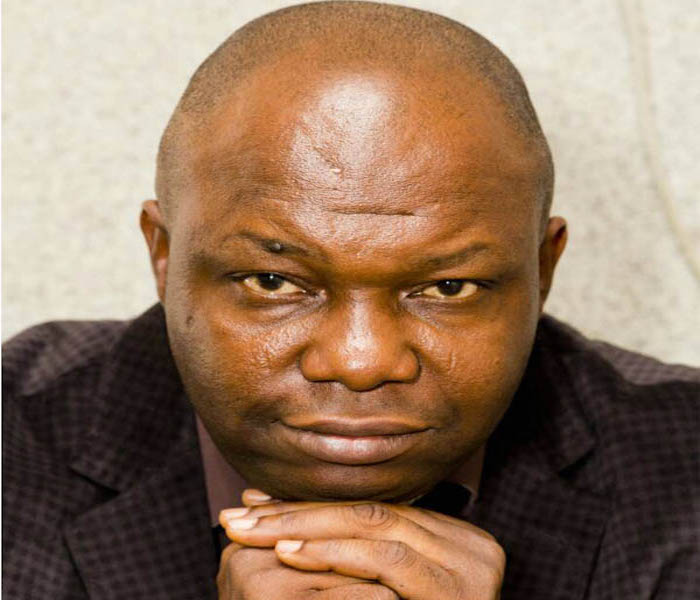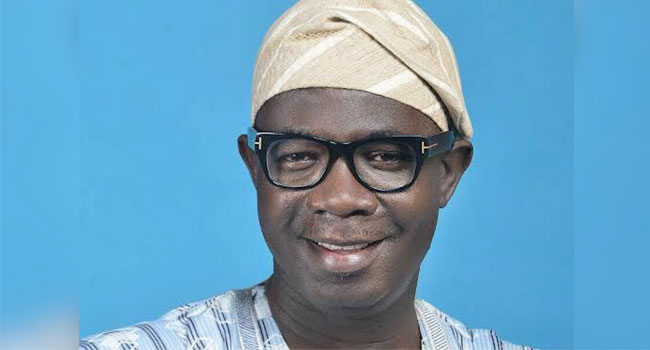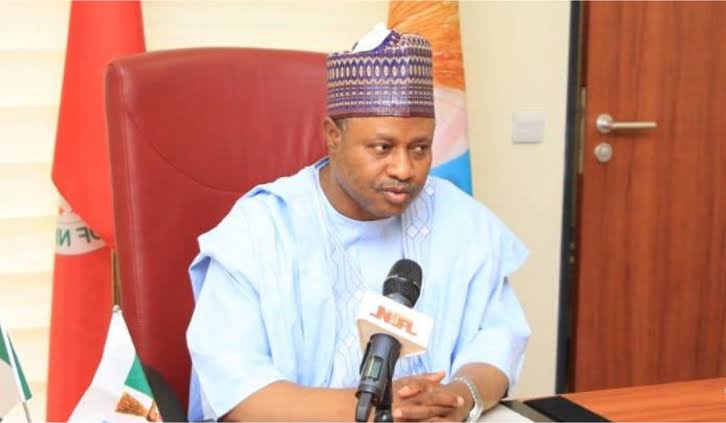Claim: Last Tuesday, the Inspector General of Police, Kayode Egbetokun, during a press briefing, stated that the police, military, and other agencies managing the #EndBadGovernance protest did not use live ammunition.
Egbetokun said, “The police or military did not use any live ammunition in the management of these protests. Instead, we have had cases where our officers were injured and are in critical condition as we speak. I will dismiss that as fake news and very wrong allegations. We didn’t use excessive force at all. We didn’t even deploy the whole of our strength in this protest, even when it turned violent. We have water cannons we did not deploy, we have rubber bullets we didn’t use. All that we have used is teargas and nothing more.”
Findings:
The #EndBadGovernance protest began nationwide last Thursday, with many Nigerians demonstrating against prevailing economic hardship. The protest started peacefully in most locations but later turned violent in some states.
As of Tuesday when Egbetokun spoke, there had been reports of shootings by security agents, including the police. While the media reported between 10 and 17 deaths on the first day of the protest (Thursday), Amnesty International issued a statement confirming 13 deaths. The casualty figure later rose to 21. The victims died in Abuja, Kano, Niger, Borno, Kaduna, and Jigawa states. The police confirmed seven deaths, adding that they were victims of suicide bombing, car accident and vigilante shooting.
However, The PUNCH reported that one person was shot dead in Kano, two in Jigawa, six in Niger, four in Borno and three in Kaduna.
“Two persons were hit by stray bullets at the popular Sharp Corner in Mararaba, Karu Local Government Area in Nasarawa State on Thursday. Sounds of gunshots were heard as the protesters occupied the Abuja-Keffi highway and setting up bonfires,” The PUNCH reported.
Daily Trust also reported that four teenagers and a would-be bride were killed by security agents during the protest in Kano and Zaria between Thursday and Tuesday, when Egbetokun spoke.
The medium reported that the bride to-be, Firdausi Muhammad, was killed by a stray bullet from the rifle of a policeman in Rijiyar Lemo, Kano, on Saturday. It noted that a man, Abdulkadir Labaran, was killed by security operatives at Kofar Nassarawa, Kano.
Labaran’s mother, Aisha Babah, said, “He left home for his business place. Worried that he didn’t come for his launch, I became uncomfortable. I did not call him nor did I talk to anybody about my worries. Little did I know that he was killed.”
Another victim, 15-year-old Kashifu Gyaranya, was allegedly killed during the protest in Kano on Saturday.
In the similar vein, an 18-year-old secondary school leaver, Isma’il Muhammad, was shot dead around 9am on Tuesday by a soldier on patrol in Samaru, Zaria.
He was reportedly killed by a soldier at his residence on Sarkin Pawa Street. His mother, Zainab Sani, confirmed his death.
The PUNCH also reported that protesters and journalists at the MKO Abiola National Stadium, Abuja, were shot at by masked security agents, suspected to be men of the Department of State Services.
Bullets pierced a Premium Times reporter’s car, which was conveying journalists out of the location. Journalists inside the car were of The Cable, Premium Times, Peoples Gazette and The PUNCH.
A commuter glass was shattered with bullets. Some of the pellets were picked up at the protest ground.
Nigerian Civil Society Situation Room, a civil society group, in a statement last Thursday, said security agents fired shots at protesters.
The group’s Head of Coordinating Secretariat, Olawale Okunniyi, claimed that two protesters were shot dead at the Kaduna State Government House, Badikko.
“Again, at least six protesters have also been reportedly killed while some sustained injuries in the ongoing protest in Suleja, Niger State. The victims were said to have been killed while security operatives were struggling to dislodge a group of protesters who mounted barricades on a section of the Abuja-Kaduna highway,” he added.
Who takes responsibility?
Despite the reported shootings and deaths, the police authorities have continued to deny any wrongdoing. However, the Army took responsibility for Muhammed’s death.
In a statement on Tuesday, the Director of Army Public Relations, Major General Onyeama Nwachukwu, said the soldier involved had been arrested.
A professor of Criminology & Crime Control/Security Studies at the Adekunle Ajasin University, Sigismund Akinbulumo, said while it was unprofessional for the IG to admit that security operatives fired live ammunition, the use of tear gas depicted police brutality.
He said, “In Nigeria, the phrase ‘stray bullet’ is used to cover the exuberance of security operatives. Sometime in Abuja, a lady was felled by teargas because it was deliberately shot at her face. So, she collapsed.
“It is not just physical assault that is brutality. Shooting teargas into somebody’s nostrils directly is terrible. But definitely, they have to rationalise it. They can even say it is an order from above. But before you can fathom that order from above, things would have happened.”

 3 months ago
5
3 months ago
5















 English (US) ·
English (US) ·